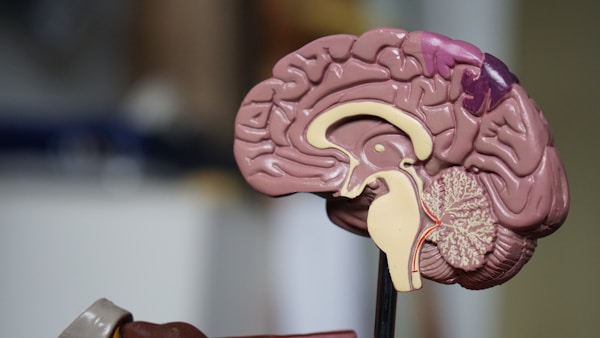There’s no doubt that it is crucial for all of us to be educated about conditions like dementia and Alzheimer’s disease. Education on dementia and Alzheimer’s disease can enable people to understand the condition, as well as how to recognize the early signs and symptoms. This knowledge can help individuals and their families to seek appropriate medical care and support to manage the disease. Many people don’t know where to turn when they want to become more informed, but there are resources available to teach you everything you need to know. If you want to learn more, keep reading to find out about the difference between dementia and Alzheimer’s.
What is the difference between dementia and Alzheimer’s?

Although dementia and Alzheimer’s disease are two terms that are often used interchangeably, they actually refer to different conditions. Dementia is an umbrella term for a variety of neurological diseases that impair cognitive functioning. Alzheimer’s disease is the most common form of dementia, accounting for the vast majority of all dementia cases. While symptoms may appear similar, there are key differences between them that are required to understand in order to properly diagnose and treat patients. A quick search for “dementia vs Alzheimer’s” can teach you more.
Dementia is a group of symptoms that affects a person’s ability to think and remember. Common symptoms of dementia include struggling to remember recent events, trouble understanding new information, difficulty with problem-solving and decision-making, and being unable to manage tasks that require long-term planning. Dementia can also cause mood changes and affect a person’s social abilities. Alzheimer’s is a specific type of dementia, which is a progressive degenerative brain disorder. It is characterized by a gradual decline in memory, language, thinking, and behavior.
When it comes to diagnosis, the process for dementia and Alzheimer’s are can be extremely similar. Diagnosing either condition typically includes a physical exam, psychological evaluation, and brain imaging. However, in some cases, a doctor may also use a lumbar puncture or cerebrospinal fluid analysis to diagnose Alzheimer’s.
How can you support a loved one with Alzheimer’s disease?

Now that you know the differences between dementia and Alzheimer’s, let’s discuss what you can do to support a loved one with Alzheimer’s disease. For example, home modifications for accessibility can be extremely beneficial for individuals with Alzheimer’s. Widening doorways and hallways to accommodate a wheelchair can make it easier to move around the home. Mobility aids such as grab bars and raised toilet seats can also make bathing safer. A contractor can work with you to create a plan that meets your loved one’s needs.
There’s no doubt that socialization is critical for people with Alzheimer’s because it allows them to continue to interact with other people and feel like they are a part of the world around them. Socialization can also delay the onset of Alzheimer’s symptoms in some cases or make them less painful to manage. It is necessary for caregivers, friends, and loved ones of individuals with Alzheimer’s disease to identify opportunities to keep them socially active, even if that means adapting activities or finding new ways for them to participate.
As illustrated in this article, dementia and Alzheimer’s are two different conditions and it is important to understand the distinction between them. Dementia encompasses various symptoms related to a decline in cognitive functioning, while Alzheimer’s is a specific type of dementia that is caused by physical changes in the brain. By learning about dementia and Alzheimer’s, you will be better able to support those affected by them. Home modifications and increased socialization can be valuable too. If you follow the advice in this article, you can be sure you’re taking the best possible care of your loved one.



